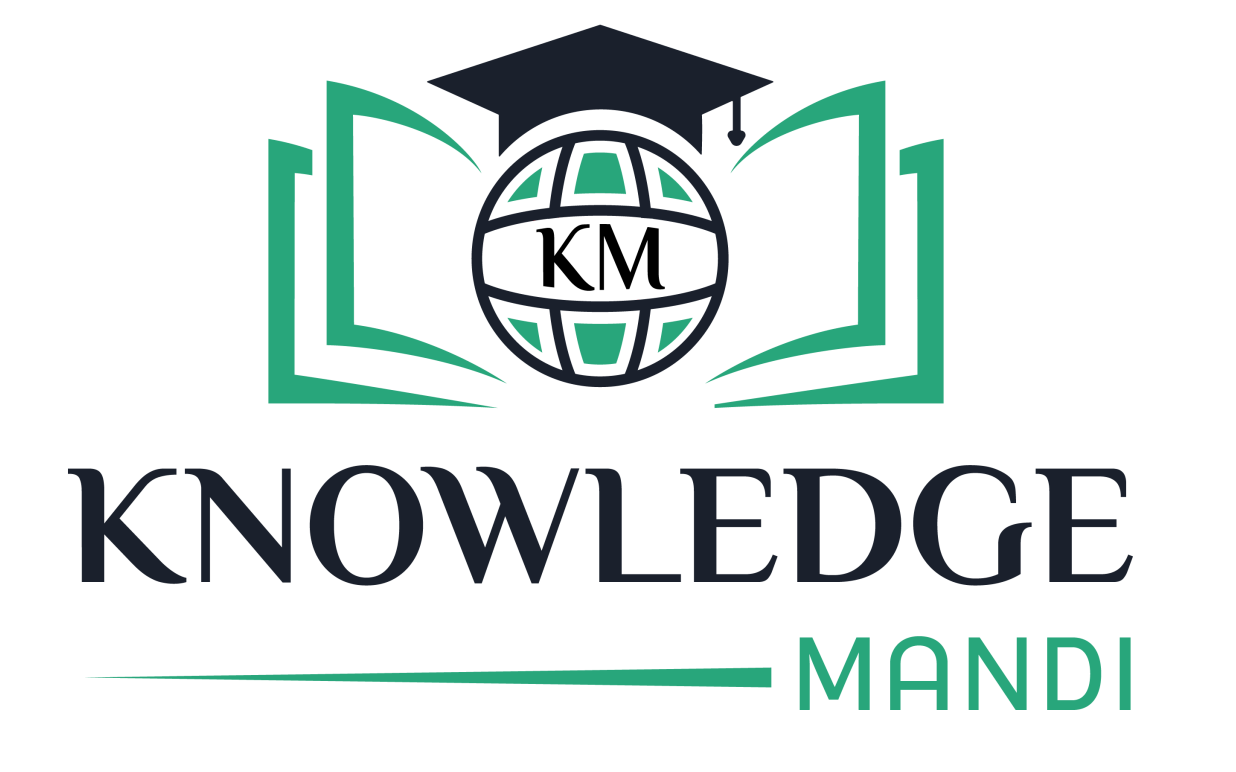CFA Qualification – A Prospective Career
Education and career go hand-in-hand, and a reputed degree or qualification is certainly a guarantee of growth and a successful career. There are various qualifications to consider, but let us focus on the CFA course and qualification. The Bachelor of Finance program provides a comprehensive understanding of financial markets and institutions, serving as a strong foundation for those pursuing advanced certifications. The Chartered Financial Analyst (CFA) is a professional certification for investment management and financial analysis. The CFA charter is globally recognized. Here are some interesting facts about the CFA: –
· A CFA can open doors to various career paths that include asset management, financial planning, commercial banking, and insurance,
· The CFA charter is globally recognized and respected in the investment management profession,
· If you hold an undergraduate degree in finance, economics, and accounting, then this course will bring wonders to your professional career,
· Various financial service employers often seek CFA charterholders for roles such as financial analysts and portfolio managers.
Prerequisites for Pursuing CFA
To enroll in the CFA program and become a CFA candidate, you need to meet the following requirements: –
· You must hold a bachelor’s degree or if the former is not with you then you should have at least 4000 hours of professional work experience. A combination of both would also work,
· Undergraduates can take the CFA Level Exam if they are within 11 months of graduation,
· During the CFA enrolment application process, you need to sign Professional Conduct and Candidate Responsibility statements,
· Additionally, you’ll need a valid international travel passport for registration,
· Be prepared to take the exam in English language only.
How To Get Yourself Enrolled for a CFA Course?
Enrollment in CFA is not much different from enrolling in any other qualification. Here are the series of steps that you can follow for the same: –
Ø Firstly, you need to ensure that you meet the eligibility criteria as we have described in the above section,
Ø The next step is registering for the CFA Exams, for which you will have to visit the official CFA website and create an account in your name by filling in your credentials.
Ø While registering you are also required to submit your passport and professional conduct statement and at the same time you will be choosing your exam level i.e., Level (I, II, or, III)
Ø Further, you are required to pay the CFA exam registration fee. The registration fee covers the enrolment fee and exam fee that is to be paid for each level of exam separately,
Ø The total CFA course price is around USD 3,050.
CFA Exam Curriculum
The CFA program consists of three levels, each becoming increasingly complex than the prior level. The important topics that are covered in these three levels are: –
1. Ethical and Professional Standards – Focuses on ethics, ethical decision-making, and professionalism in the investment industry. It also includes the CFA Institute Code of Ethics Standard of Professional Conduct and Global Investment Performance Standards (GIPS)
2. Portfolio Management and Wealth Planning – Addresses topics like taxes, estate planning, and behavioral finance
3. Investment Tools and Concepts – Covers valuation techniques, quantitative methods, and economics.
Other topics you should have command of for clearing your CFA exam are Fixed Income, Corporate Issuers, Derivatives, and Financial Statement Analysis. To build up your knowledge and concepts for Financial Statement Analysis you can also obtain a Diploma in IFRS (International Financial Reporting Standards). The Diploma IFRS course fees typically range from INR 10000 to INR 50000.
CFA Examination Segregation
The CFA program is segregated into three levels which are as follows: –
Level I – The format for the CFA Level I exam is a multiple-choice-based Based Question, in total there will be 180 MCQs split into two sessions of 90 questions each. Topics covered include quantitative methods, economics, financial statement analysis, ethics, etc. The average pass rate of the past 10 years is 41%.
Level II –The question paper format includes vignette-supported multiple-choice questions. This level is more complex than the prior level. This level focuses more on the application and analysis caliber of an individual. Topics tested at this level are portfolio management and wealth planning.
Level III – Level III is a combination of theoretical essay-based questions and MCQs. Being the last Level of the CFA exam, it is one of the toughest levels that will test you in all aspects,
Career Opportunities for CFA Qualified
· CFA Charterholders have a wide range of career opportunities in the global finance industry. They are appointed for job roles such as Portfolio Management, Research, Consulting, etc.
· A CFA typically earns an annual salary of 56 Lakhs. CFA with significant years of experience earns about 2 crores annually. They are generally at the post of Chief Investment Officer (CIO) or CFO (Chief Financial Officer)
· Moreover, top companies that hire CFA qualified are EY, KPMG, Deloitte, and Pwc. Various Fintech companies also have vacancies for CFA qualified.
CFA qualification and title are indeed one of the most valuable qualifications, CFAs have a high level of experience in the fields such as finance, investment decision-making, and accounting. Therefore, most of the big companies and MNCs hire them for reputed jobs.





